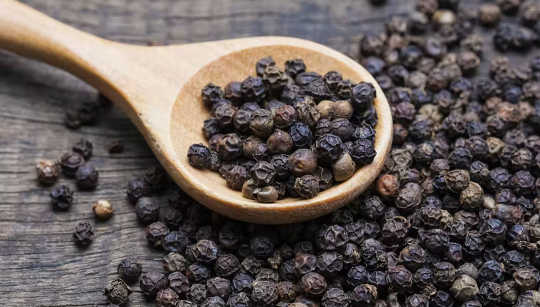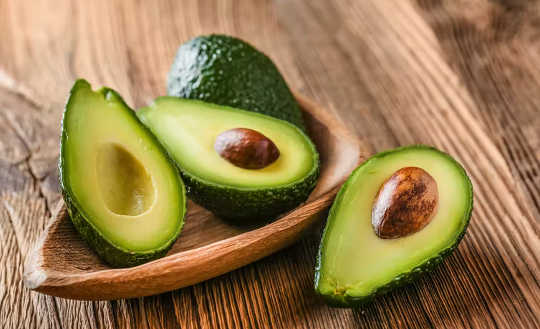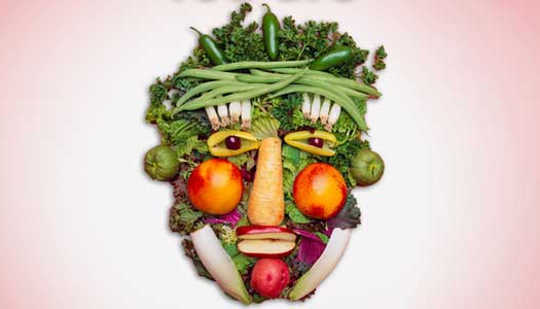
A lot of the reason for wearing a mask is to protect others. But early on in the pandemic, Monica Gandhi, a professor of medicine at the University of California, San Francisco, explained how masks can protect the wearer, too.

When was the last time you ate meat? Today? This week? Ten years ago? Never? Have you ever had an argument about meat consumption with someone, whether it was over environmental impact or the ethics of eating animals?

Every year, around 12,000 men in the UK die from prostate cancer, but many more die with prostate cancer than from it. So knowing whether the disease is going to advance rapidly or not is important for knowing who to treat.

You want to sit down for an indoor dinner with friends. A couple of years ago, this was a simple enough activity that required minimal planning. However, that is not the case in today’s world. Many people now face a stream of further considerations about benefits and risks.

The most common reason for eating less red meat is cost, followed by concerns related to health, the environment, and animal welfare. At the same time, meat consumption among the middle class in countries such as China and Vietnam has been rising.

We’ve all heard those people who say “running gives you a high” or “exercise is addictive,” but for many of us, it’s hard to love exercise. Some might even say they hate it, dread it, or the thought of going to the gym gives them anxiety.

There should be renewed efforts to eliminate the socioeconomic and health conditions that prevent minoritized racial and ethnic individuals from achieving adequate sleep—including racism
- By Robbie Holz

It can seem like a cruel joke when we find ourselves spending years, or in some cases even a lifetime, recovering from a single painful moment...

Cannabis has been used by humans for thousands of years and is one of the most popular drugs today. With effects such as feelings of joy and relaxation, it is also legal to prescribe or take in several countries.

Canned tuna is an excellent, affordable source of protein, polyunsaturated fats and other nutrients. Sounds good, but how much can you eat before you need to worry about mercury?

Salt has been used in food preservation for centuries, and idioms like “worth your weight in salt” indicate how valuable it was for preserving food to ensure survival.

Everybody knows that consuming too much salt is bad for your health. But nobody ever mentions the potential impact of the other condiment in the cruet set: black pepper. Does it have an effect on your health?

Many people who have had COVID-19 have gone on to develop diabetes. But diabetes is relatively common, and COVID is too, so that doesn’t necessarily mean one leads to the other.

Researchers at Harvard University analysed data from two large US studies: the Health Professionals Follow-Up Study and the Nurses’ Health Study.

Many people know of melatonin as the sleep hormone – and, indeed, that’s what most of the research on melatonin has focused on. However, melatonin is also an antioxidant, protecting cells from harmful “free radicals” that can damage DNA

The problem is, coughing may persist for weeks or months after the infection has gone. Around 2.5% of people are still coughing a year after being infected with COVID.

Obesity is a major public health concern that is estimated to be responsible for approximately 5% of all global deaths annually. The global economic impact of obesity is estimated at roughly US$2 trillion or 2.8% of global GDP.

There has been a concerted effort to understand and identify risk factors for dementia. These include risk factors we can’t change (such as age or genetics), and others that are more modifiable (such as diet or physical activity).

Can exposure to media about natural treatments like supplements and detoxes affect beliefs about key health care issues like vaccination?

New research backs up the old adage, you are what you eat. The new study suggests there are distinct bacteria and metabolomes associated with each personality trait.

A chemical in broccoli, Brussels sprouts, and other cruciferous vegetables could help prevent and treat COVID19 and some cases of the common cold.

Our world is facing a huge challenge: we need to create enough high-quality, diverse and nutritious food to feed a growing population – and do so within the boundaries of our planet.

Sweeteners have long been suggested to be bad for our health. Studies have linked consuming too many sweeteners with conditions such as obesity, type 2 diabetes and cardiovascular disease. But links with cancer have been less certain.
















